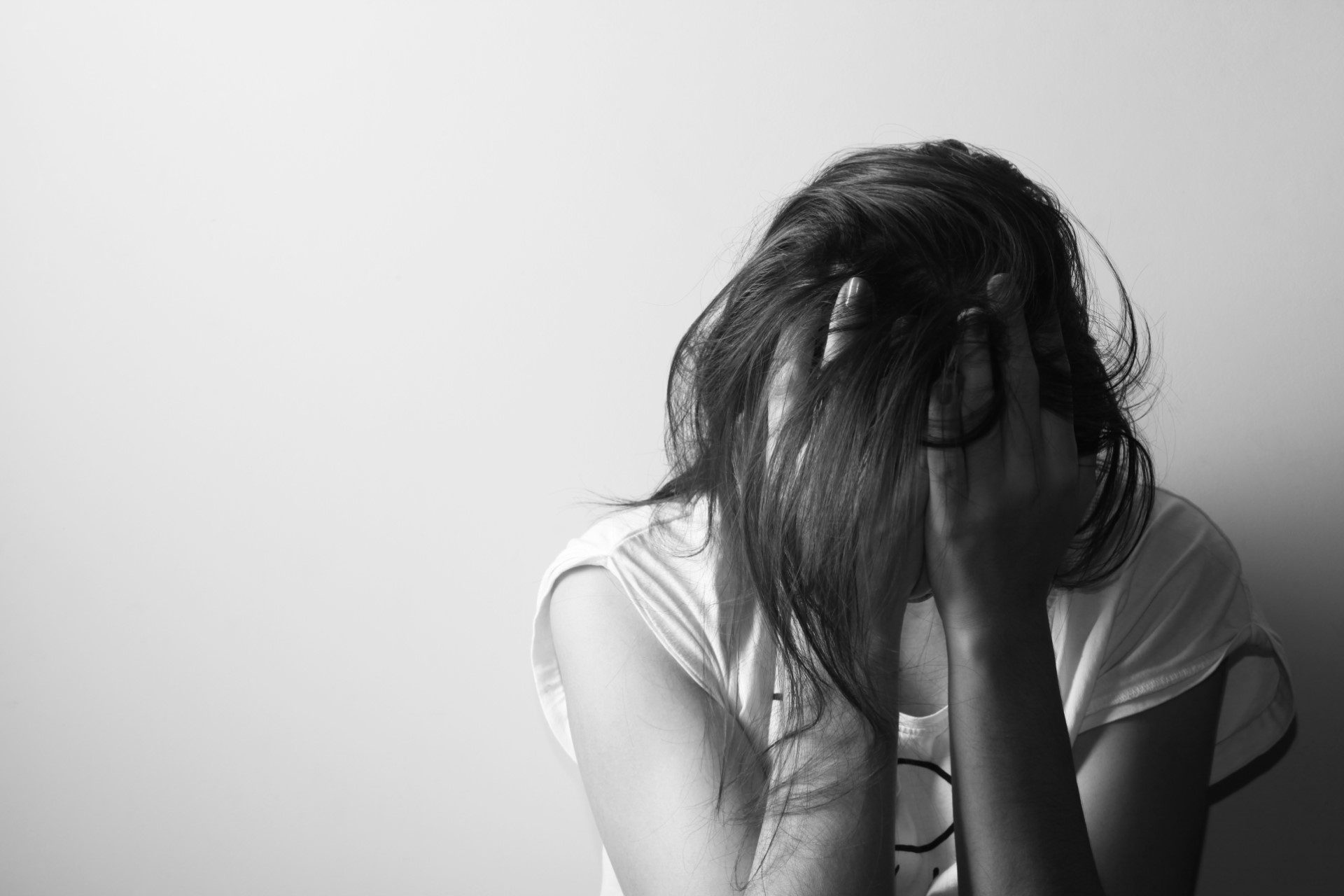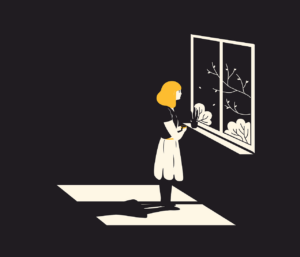Our dedication lies not just in treating symptoms but in addressing the root causes, offering a holistic approach that integrates the best of therapeutic practices with the warmth of community support.
The Role of Social Isolation in Addiction

Offering addiction treatment in VA, Encore Recovery places the utmost importance on providing a comprehensive treatment protocol for those seeking recovery from addiction. Virginia is often heralded as one of the greatest states for Millennials to grow and flourish, with areas such as Washington D.C. and Richmond, VA proving to statistically represent the Millennial demographic with great numbers.
You might ask, what do Millennials have to do with social isolation? Social isolation is an experience that all groups of people are susceptible to. However, it’s clear that something different was/is happening to the younger generations beginning with Millennials.
The Effect of Social Media on Addiction and Mental Health

Millennials were the first generation to experience technology and the internet as we know it as part of their culture and their upbringing. Many were in college or high-school when the first iPhone was released and social connectivity was changed forever.
Even prior to this, popular websites such as Myspace were already heralding in a new digital age of connectivity that no other generation had seen before. Around this time, households around the United States were making the switch from the iconic, slow, machine humming of dial-up internet to the relatively speedy DSL which was an enormous upgrade at the time.
Households, coming online, one at a time. It was a beautiful experience, and yet we were not aware of the psychological side-effects of this new level of internet exposure.
A series of curious phenomena began to surface in light of the rapidly growing social connectivity through technology. It was believed this technology would help people keep in touch, make more friends, find likeminded individuals. Instead, it has been believed to be a major contributing factor to what Time Magazine described as Millennials dying “deaths of despair”. The article goes on to elaborate what we at Encore have personally seen first-hand at our center for addiction treatment in VA. The younger age groups, starting with Millennials, are especially susceptible to suicides and overdoses.
- Drug-related deaths from 2007 to 2017 increased by 108% from adults 18-34
- Alcohol-related deaths increased 69%
- Suicide rates increased by 35%
How could this be happening? Our world is complex, whenever there is a trend it is seldom attributable to one single factor. Multi-variate studies are important for this reason.
However, it is hard to deny the connection between social media and the increase in major depressive disorders, anxiety disorders, body dysmorphia, etc.
A wealth of research has been published on this very topic in the past decade alone.
See:
- Online social media fatigue and psychological wellbeing
- Problematic social media use and depressive symptoms among U.S. young adults
- Influence of social media on depression, anxiety, and psychological stress in adolescents
The mental health crisis is both exacerbated and perpetuated by the drug and alcohol use that has significant overlap with mental health disorders. This study estimates that among the 38.6 million Americans with mental health disorders, 18.7% of them use prescription opioids. The paper concludes with the statistic that 16% of Americans who are struggling with mental health disorders receive over 50% of all opioids prescribed in the U.S.
Millennials have suffered the most at the hands of the opioid epidemic, which has greatly impacted Virginia over the years.
There are many reasons that are posited as to why social media has such a profoundly negative experience on us psychologically, but a lot of it simply comes down to the platforms feeding users a false narrative.
It is easy to forget that a persons’ presence online is typically a collection of their best moments. Being “good” at social media means putting focus and emphasis on posting what are perceived as the best aspects about life—parties, vacations, life milestones, etc. It can be easy to forget that a person’s social media profile acts more like a highlight reel as opposed to a realistic portrayal of what life is like.
This leads many people who spend a great deal of time online on social media to develop the widely covered phenomenon of FOMO—fear of missing out. Constant self-comparison leads to a negative outlook and a sense that you aren’t good enough, that everyone else is having a great time while you’re the one who struggles alone, isolated.
This is a commonly felt experience, and unfortunately for some individuals it is a pathway that can feed into maladaptive coping strategies which are a critical part of what perpetuates addiction.
With growing awareness of the downsides of spending too much time on social media—especially for susceptible groups such as adolescents, teens, and young adults, or those suffering from mental health issues, many Millennials have understood the importance of taking breaks or “unplugging from” from technology.
The group that was born into already developed social media and smartphone technology—Gen Z, also has the highest suicide rate out of all age groups. Suicide rates of those age 10-24 in 2017 have increased by 56% since 2007.
Why is Social Isolation So Bad for Us?

The famous saying, “man is by nature a social animal” is attributed to the Greek philosopher Aristotle. Of course, we live in a much more inclusive society today and so let’s just infer he was also referring to women too. Regardless, it has long since been believed that socializing and being around people has been healthy for us as human beings.
In the realm of addiction treatment, health is the most important thing. A person’s overall health and wellbeing is the central pillar and foundation upon which their recovery will dutifully rest. If you do not feel well in your mind, your physical body, then you are more prone to making risky or self-destructive choices.
Many people believe they are lone wolves, but there is a difference in being voluntarily on the outskirts of a pack and having no pack at all. More people than ever are lonely and depressed nowadays, and this is a statement that needs no study to back it up. It is felt all over the modern world, and expressed in the rising tide of mental illness and senseless violence in the form of public shootings we see year to year.
Throughout the history of nations, one of the worst sentences a person could be given was exile, and that holds true today.
Anyone that has struggled with substance use disorder knows that addiction is an exile of its own kind. Everything becomes about your addiction. How you can hide it, how you can satisfy it, and being constantly torn apart by the desire to indulge it and knowing that someday it will kill you.
This vicious cycle is all-encompassing, and often makes people—regardless of where they lie on the spectrum of addiction, feel like outsiders. That, much like with peering into the window of social media, they alone are the ones who are defective, unwanted, and miserable.
People don’t consider loneliness to be an epidemic, and yet so many individuals are perpetually feeling without positive intimate social connections. The age groups most predisposed to the ill-effects of loneliness and social isolation are at the tail ends, that is, young adults and the elderly. However, the Cigna national survey shows that the reported loneliness is experienced all throughout different age groups—with the youngest generation of adults feeling it the most.
The CDC reports that loneliness and social isolation affects individuals in ways including but not limited to:
- Increasing risk of premature death from all causes
- 29% increased risk of heart disease and 32% increased risk of stroke
- Higher rates of depression, anxiety, and suicide
In addition to this information, a paper published in 2014 by Hosseinbor et al. concludes that feelings of loneliness are stronger in drug abusers and this greatly contributes to the feeling of being an outsider, which itself is a driving factor of high-risk behaviors.
While it can be difficult to prove the veracity of wide-spread correlations, it is difficult not to associate the infectious rise of social media and constant internet connectivity, the rates of addiction and overdose, and the concurrent spike in reports of loneliness and social isolation.
For us at Encore, we know the truth through our own patients coming forth and telling us their experiences and struggles with addiction. Our addiction treatment in VA is not simply about the process, but the accessibility to a community that understands the struggle of addiction and how it does not have to be defining.
How We Approach Addiction Treatment in VA
Do you know someone who is struggling with loneliness and social withdrawal? If you are aware of it, the
Encore believes the overlap in mental health issues and drug addiction is a key focal point for addiction treatment in VA. Addiction is well-established to be comorbid with other behavioral conditions. Common comorbidities are depressive disorders, anxiety disorders, and trauma. Therefore, a dual-diagnosis treatment protocol is critical to how Encore approaches addiction treatment.
More importantly, a qualified treatment center that is founded on the right principles is always community oriented. At Encore, we are always stressing the importance of group therapy, wellness services, integrating and managing family systems, and focusing on our alumni community.
Contact Encore Recovery today so that you or a loved one can take a crucial step to learn how to enter and maintain a healthy recovery from drug and alcohol addiction in VA.
Let Us Support You On Your Recovery Journey!
Copyright 2026 Encore Outpatient Services | All Rights Reserved



